Protein is an extremely vital nutrient in the body; in fact, it is one of the most important components of every cell in the body. Described as a “macronutrient,” protein, along with carbohydrates and fats, is needed in large amounts by the body.
Micronutrients such as vitamins and minerals are only needed in small amounts. Protein, unlike carbohydrates and fats, is not stored in the body. This means that the body has no cache to draw from when it needs a new supply.
Although this does not mean that you have to consume protein constantly, what it does indicate is that the protein we eat needs to come from better food sources. Quality is just as important as quantity.
How Much Protein Should You Eat?
As the main foundation of your body, life without protein would not be possible. It is used to make almost every component of the body from tiny molecules to organs and huge muscles. Several studies have been done to address the ideal amount of protein the average person should eat.
Although these studies have come to many different conclusions, a reasonable estimate is 0.7 – 1 gram per pound of body weight (1.6 – 2.2 grams per kg). However, it should be noted that the daily recommended value for protein is set at about 55grams per day.
Level Up Your Fitness: Join our 💪 strong community in Fitness Volt Newsletter. Get daily inspiration, expert-backed workouts, nutrition tips, the latest in strength sports, and the support you need to reach your goals. Subscribe for free!
Now that quantity has been addressed, what about quality? Here are 12 healthy foods high in protein guaranteed to give you high-quality protein as well as other nutrients.
1. Whole Eggs
Loaded with more than just protein, eggs also contain several healthy fats, vitamins, minerals, and antioxidants.
- Total Calories: 75
- Protein: 7g
- Fat: 5g
- Saturated Fat: 1.6g
- Carbohydrate: 0.6g
- Cholesterol: 186.5mg
- Vitamins: A, B2, B12, B5, D, E, Biotin, Folic acid
- Minerals: Selenium, phosphorus, lutein and zeaxanthin, iron, and iodine
2. Chicken Breast
High in protein and low in fat, chicken breast is an excellent option for individuals who are trying to lose weight. One cooked, boneless, skinless, chicken breast weighing 100g contains, among others, the following:
- Total Calories: 98
- Protein: 23.21g
- Fat: 0.89g
- Carbohydrate: 0g
3. Salmon
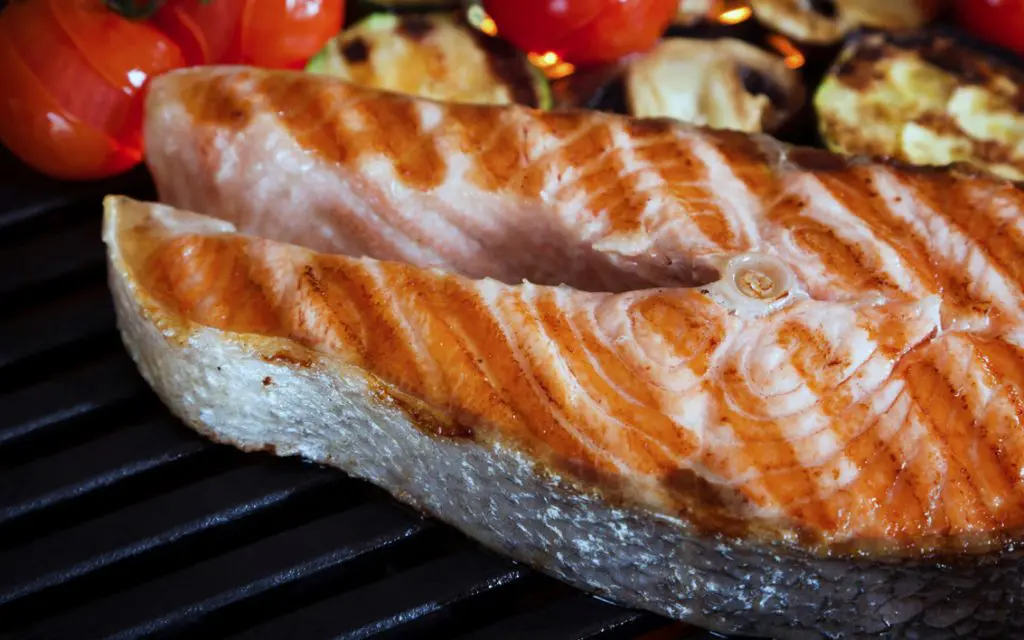
Fish and shellfish are generally nutrient-dense. Of the foods high in protein, Salmon has a wealth of other nutrients and offers an excellent source of vitamins and minerals such as vitamin B12, selenium, and potassium. It is also famously high in essential omega-three fatty acids. One 100g serving salmon contains several nutrients, including:
- Total Calories: 131
- Protein: 22.25g
- Fat: 4.69g
- Water: 72.54g
- Calcium: 9mg
4. Tuna
An affordable and healthy source of omega-three fatty acids, tuna is another high protein, low carbohydrate food, and contains almost no sugar or fiber. While the canned varieties do not contain the same nutritional value, one 100g serving of raw, fresh tuna contains:
- Total Calories: 144
- Protein: 23g
- Carbohydrate: 0g
- Cholesterol: 38mg
- Sodium: 39mg
- Vitamin A: 2183 IU
5. Beef
Low in fat and sodium, beef is also an excellent source of vitamin B12, B6, phosphorus, zinc, and iron, riboflavin, selenium, and antioxidants. A 100g serving of beef primarily contains:
- Total Calories: 250
- Protein: 19.64g
- Carbohydrate: 0g
- Fat: 17.86g
- Fiber: 0g
6. Almonds

Famous for their versatility and health benefits, almonds are the most popular nuts in the United States. Particularly beneficial in weight management, heart health, and prevention of diabetes, this plant-based protein makes one heart-healthy snack.
- Total Calories: 579 (per 100g serving)
- Protein: 21g
- Carbohydrate: 22g
- Fat: 50g
- Fiber: 13g
- Calcium: 269mg
- Iron: 3.71mg
7. Oats
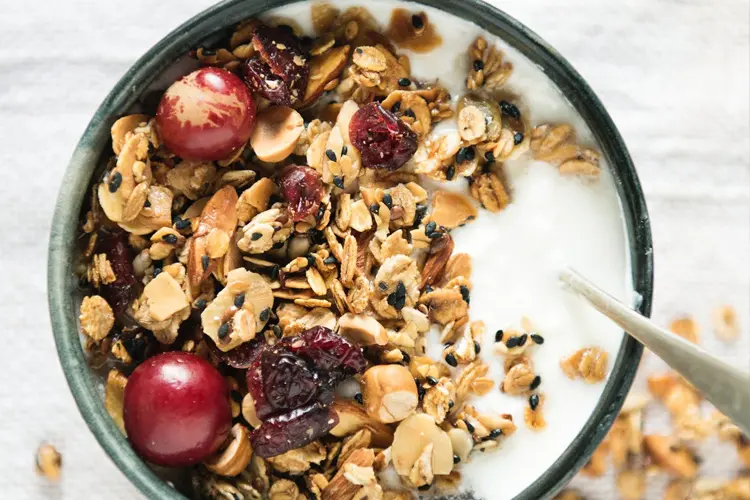
Very low in cholesterol and sodium, oats are also low in saturated fats and an excellent source of dietary fiber. This whole-grain cereal also contains vitamins, minerals, and antioxidants. 100g of oat bran contains:
- Total Calories: 246
- Protein: 17.3g
- Carbohydrate: 66.22g
- Fat: 7.03g
- Fiber: 15.4g
- Phosphorus: 734mg
- Potassium: 566mg
- Calcium: 58mg
- Magnesium: 235mg
8. Black Beans
Black BeansClassified as legumes, black beans are known for their high protein and fiber content. They also contain high values of vital vitamins and minerals. Black beans play a key role in maintaining healthy bones, managing diabetes, and many other health benefits. 100g of black beans contains:
- Total Calories: 339
- Protein: 21.25g
- Carbohydrate: 63.25g
- Fat: 0.9g
- Fiber: 15.5g
- Sugars: 2.12g
- Potassium: 1500mg
- Calcium: 160mg
- Magnesium: 160mg
- Phosphorus: 440mg
- Vitamin K: 5.6ug
9. Spirulina
An edible form of blue-green algae, spirulina is considered a superfood as it offers a way to supplement protein and vitamin without serious side effects. One tablespoon contains:
- Total Calories: 20
- Protein: 4.02g
- Carbohydrate: 1.67g
- Fat: 0.54g
- Potassium: 95mg
- Calcium: 8mg
- Magnesium: 14mg
- Sodium: 73mg
- Vitamin C: 0.7mg
10. Peanut Butter
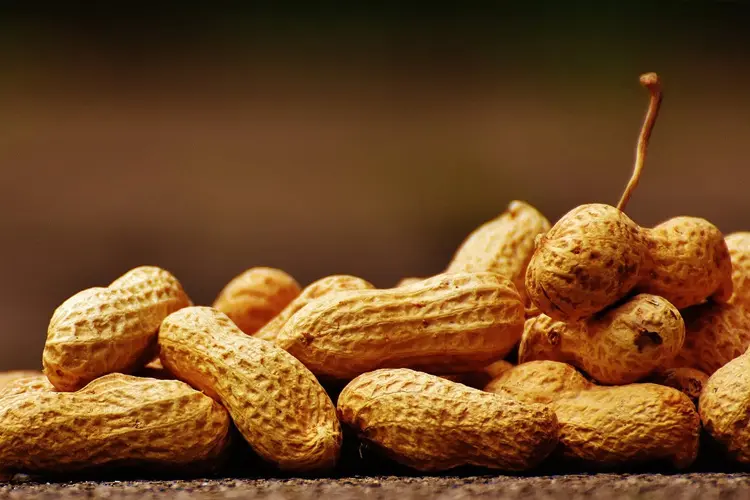
Peanut butter contains all three macronutrients and is considered a fairly balanced energy source. Its low-carb content makes it suitable for low-carb diets. It is also high in healthy fats, making it a good option for weight-loss diets. 100g of peanut butter contains:
- Total Calories: 590
- Protein: 24g
- Carbohydrate: 21.83g
- Fat: 50g
- Fiber: 7g
- Folate: 92ug
- Vitamin E: 9.05mg
- Magnesium: 159mg
- Zinc: 2.78mg
11. Cheese
This dairy product contains, in addition to protein, a variety of nutrients such as vitamins B12 and A, zinc, phosphorus, and calcium. It is also extremely versatile. Although it features several unhealthy foods, cheese on its own has several benefits. 100g of sliced cheddar cheese contains:
- Total Calories: 410
- Protein: 24g
- Carbohydrate: 2g
- Fat: 34g
- Fiber: 0g
- Vitamin A: 263ug
- Riboflavin: 0.43mg
- Vitamin B12: 0.88ug
- Vitamin K: 2.4ug
12. Greek Yoghurt
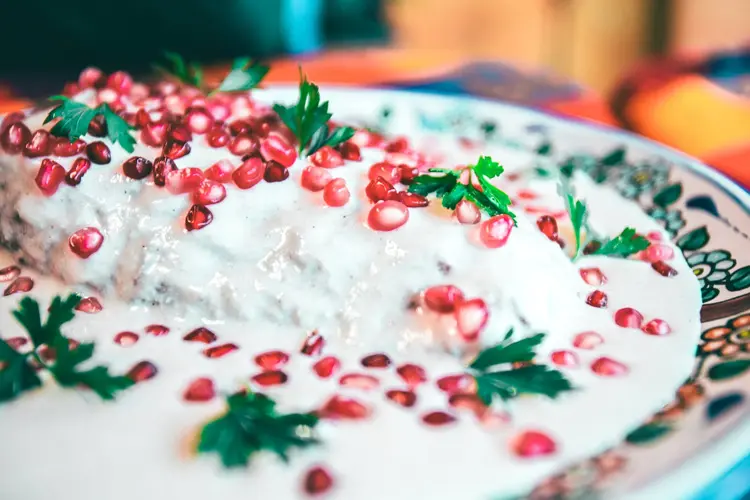
Last but certainly not least, addition to protein, Greek yogurt contains beneficial bacteria, often functioning as a probiotic. A great addition to almost any meal, Greek yogurt contains almost every nutrient the human body needs. 150g of organic, plain Greek yogurt contains:
- Total Calories: 80
- Protein: 16g
- Carbohydrate: 5g
- Fat: 0g
- Fiber: 0g
- Calcium: 200mg
- Sodium: 94mg
- Cholesterol: 4mg
A Protein for Every Need
From vegan to weight management to chronic disease management – no matter your health goals or dietary needs, there is a high-quality protein out there for you.
Not only do they provide protein, but they also provide a host of other nutrients that will keep you healthy. When it comes to protein, quality certainly wins over quantity.
References
- Osterweil, Neil. “The Benefits of Protein”. WebMD.
- “What is protein?”. WebMD.
- “How Much Protein Do You Really Need?”. WebMD.
- Zelman, Kathleen M.; MPH; RD; LD. “Good Eggs: For Nutrition, They’re Hard to Beat”. WebMD.
- “Food Composition Databases Show Foods — CHICKEN BREAST BONELESS & SKINLESS, UPC: 725439949064”. ndb.nal.usda.gov.
- “Food Composition Databases Show Foods — Fish, salmon, sockeye, raw”. ndb.nal.usda.gov.
- “Food Composition Databases Show Foods — Fish, tuna, fresh, bluefin, raw”. ndb.nal.usda.gov.
- “Food Composition Databases Show Foods — TALLGRASS BEEF, TALLGRASS BEEF, UPC: 853977002931”. ndb.nal.usda.gov.
- “Food Composition Databases Show Foods — Nuts, almonds”. ndb.nal.usda.gov.
- “Food Composition Databases Show Foods — Oat bran, raw”. ndb.nal.usda.gov.
- “Food Composition Databases Show Foods — Beans, black turtle, mature seeds, raw”. ndb.nal.usda.gov.
- “Food Composition Databases Show Foods — Seaweed, spirulina, dried”. ndb.nal.usda.gov.
- “Food Composition Databases Show Foods — Peanut butter, reduced sodium”. ndb.nal.usda.gov.
- “Food Composition Databases Show Foods — Cheese, cheddar, sharp, sliced”. ndb.nal.usda.gov.
- “Food Composition Databases Show Foods — ORGANIC PLAIN GREEK YOGURT, UPC: 888670025383”. ndb.nal.usda.gov.

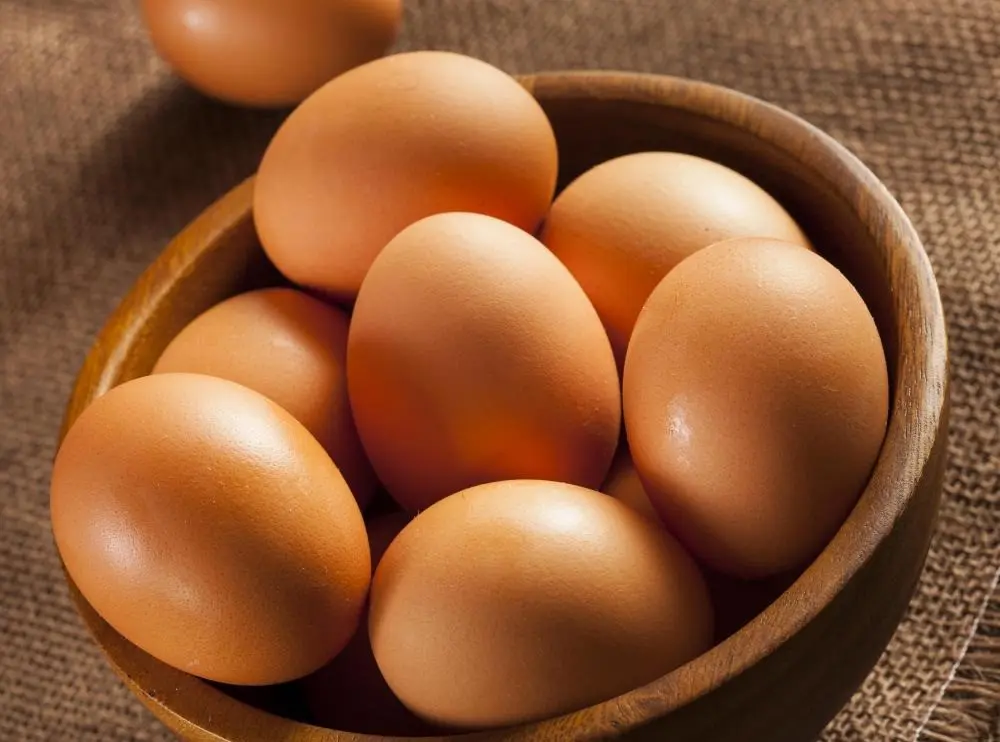
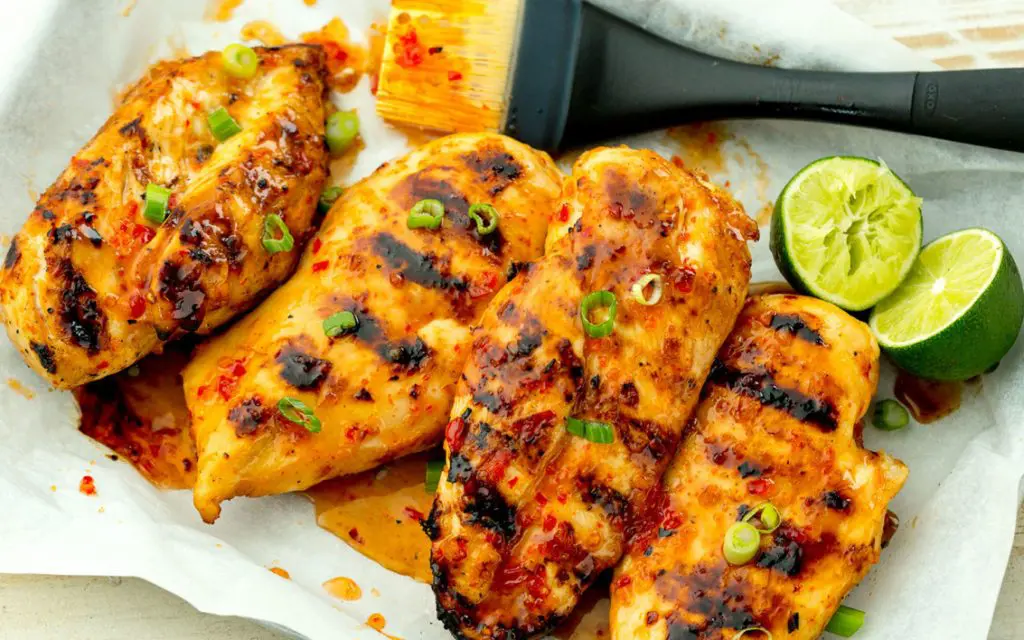
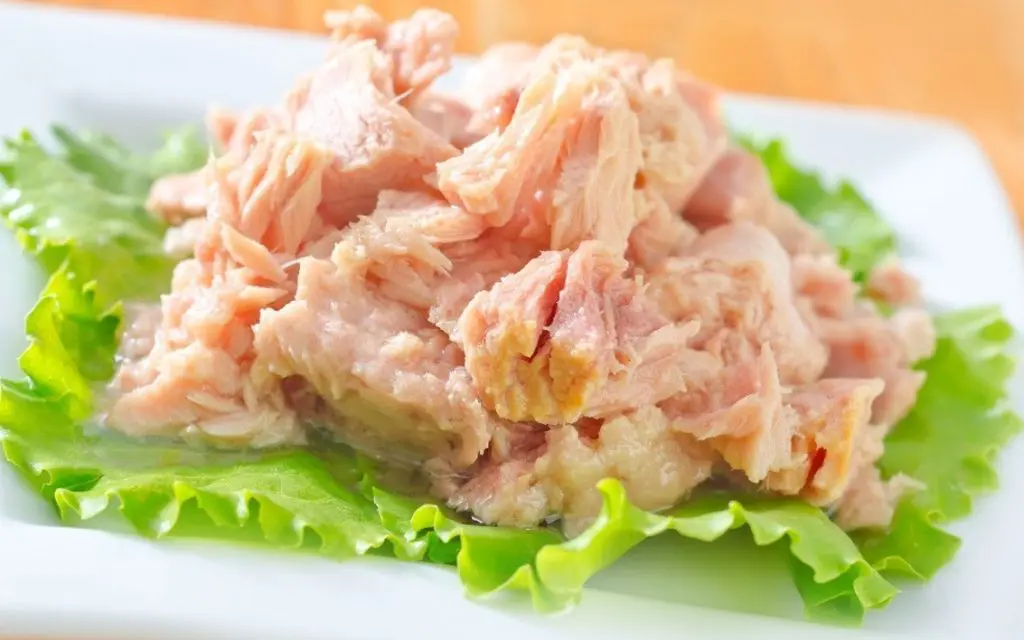
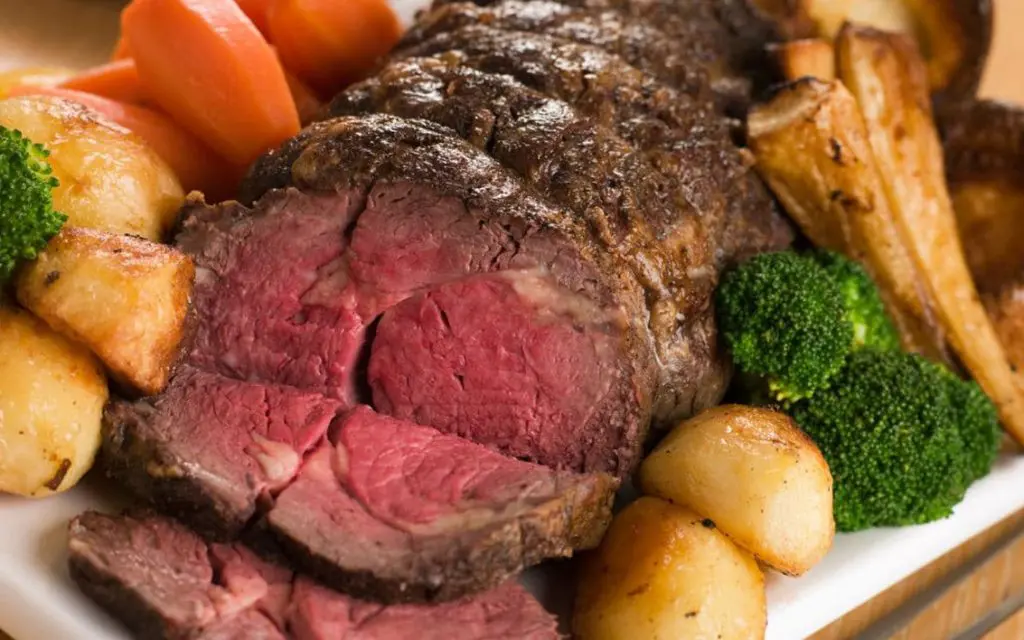
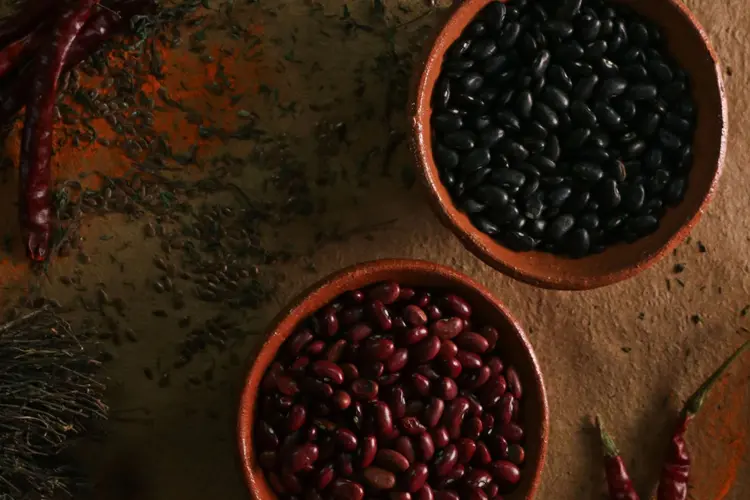
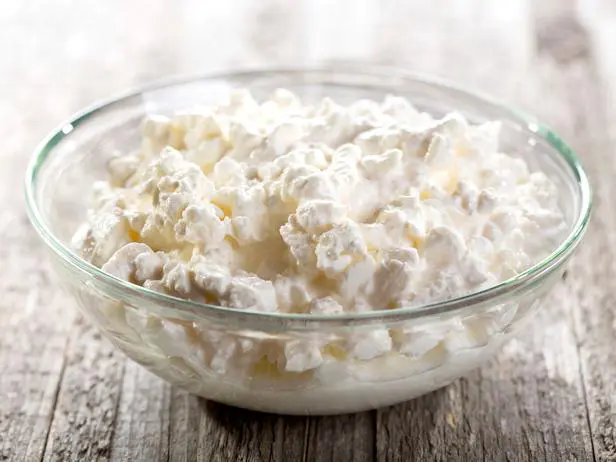

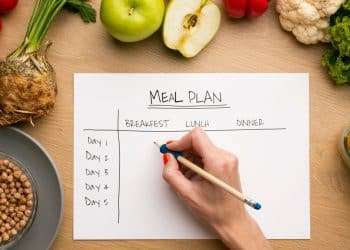

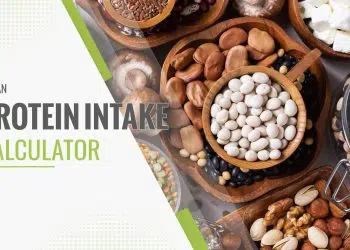







hello guys, The fitness volt is a very good and useful website the maintain and help regulate our body fitness. Still on this site i found and amazing ketogenic product that really help me cut down my fat rapidly over the weeks. I highly recommend this products because this is what not only me use but many people i gave this product to can testify today. So through this forum i wan to reach out to you guys to check out this Ketogenic product
wow thanks for the for the article i think i might cook a chicken only meal because im keto dieting apparently according to some health nut on keto dieting is what you need in order to lose weight what do you think ASH is keto dietoing beneficial or is it not even worth the hard work and dedication it take to go full keto?